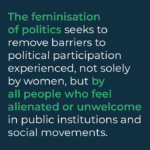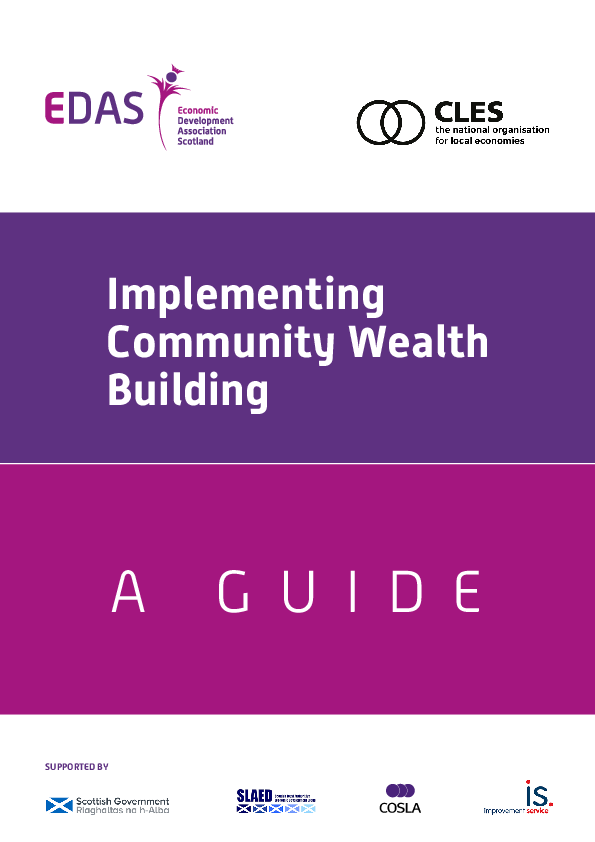Re-think power to build inclusive local economies
This article originally appeared in the LGC.
Today CLES announces a new programme of work, exploring the powerful resonance between the international movement to “feminise” politics and the work we are doing to create more just local economies. Frances Jones and Eleanor Radcliffe explain the journey so far.
Thirteen years ago, the global financial crisis prompted human suffering across the world. In the wake of this, community wealth building emerged as an alternative approach to local economic development. In community wealth building, local authorities along with other public sector anchor institutions and social and private sector partners, work to disrupt the structures which enabled the crisis, building in their place local economies where people have far greater levels of control and ownership of wealth. At the same time, activists responding to the same inequality and suffering on their doorsteps, began to reshape the political landscape in their cities and communities, this time animated by feminist principles. Their work to “feminise politics” has become a global movement.




